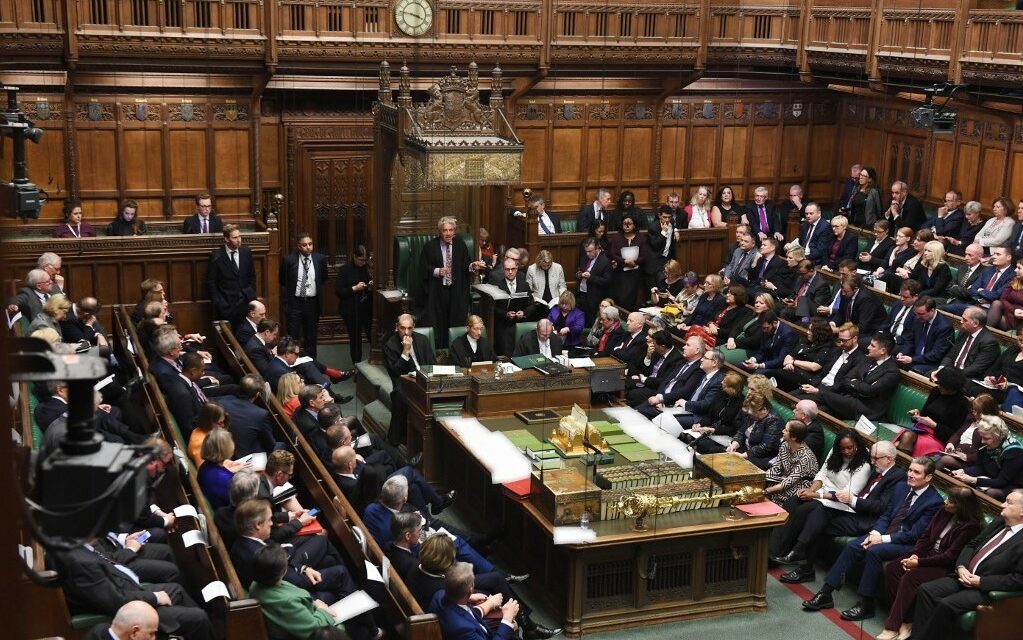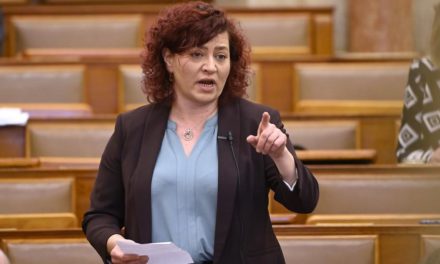The British government will impose a special tax of twenty-five percent on the extra profits of energy companies, Finance Minister Rishi Sunak announced in the British House of Commons on Tuesday afternoon. From the income, needy families and pensioners are supported, as well as a non-refundable utility allowance, hirado.hu published.
The London government has changed its previous position and is still taxing oil and gas producing companies. The tax rate will be 25 percent, but companies can claim back 90 percent of the extra tax in the form of a tax discount. The more investments they make, the lower their tax burden will be, said the finance minister.
As Rishi Sunak presented the cabinet's plans, viewers were able to see the first quarter results of the two major British energy companies on the Sky News screen during the broadcast.
In the period between January and March, British Petroleum achieved a profit of 4.9 billion (2257 billion HUF), and Shell 7.2 billion (3316 billion HUF).
The finance minister said that inflation can be brought down with a responsible financial and strict monetary policy and by alleviating supply problems. The annual rate of monetary deterioration rose to a 40-year high of 9 percent in May, and according to the Bank of England's forecast, inflation may develop around this on an annual average.
The Minister of Finance presented the calculations of the British regulatory authority, Ofgem. This means that the annual energy costs of the average British household could rise to £2,800 by October, an increase of £600 in just a few months and more than double what it was a year ago.
From the money received from the one-time special tax, eight million needy households will be given a one-time financial support of 650 pounds, in addition to which they will also receive a 400 pound utility allowance in October. By the way, this amount will go to all households in response to the increased energy prices.
Source: hirado.hu












